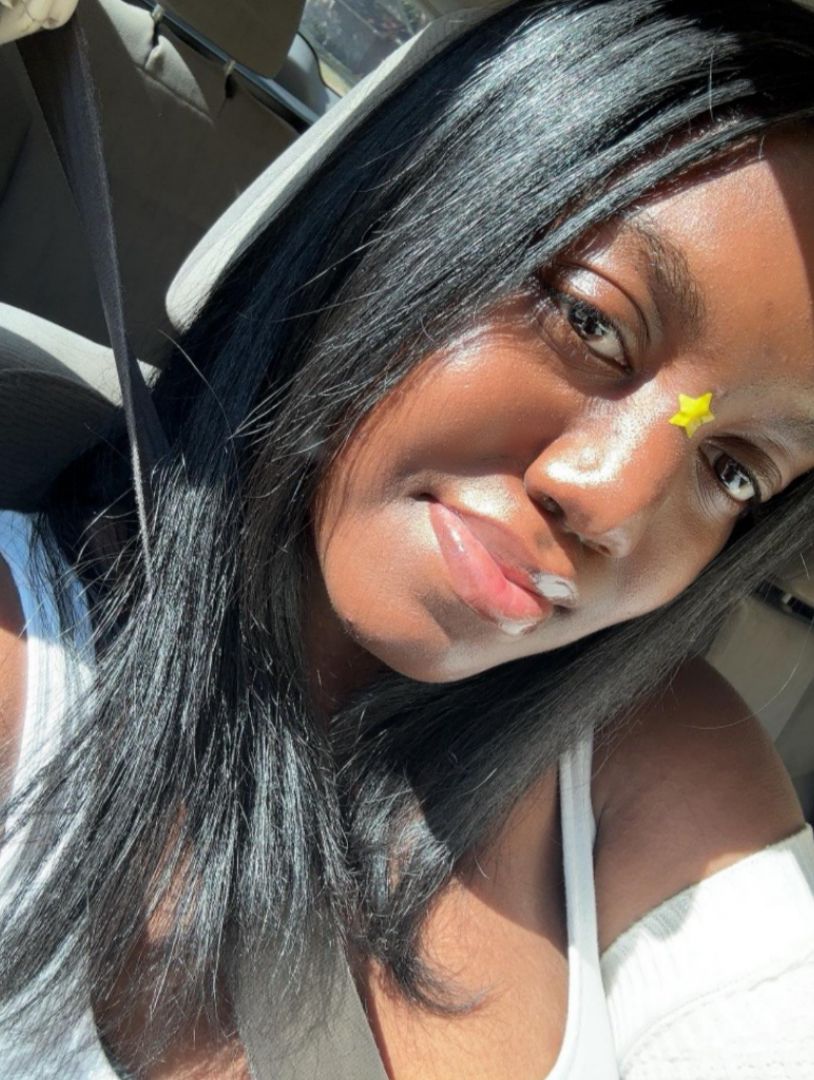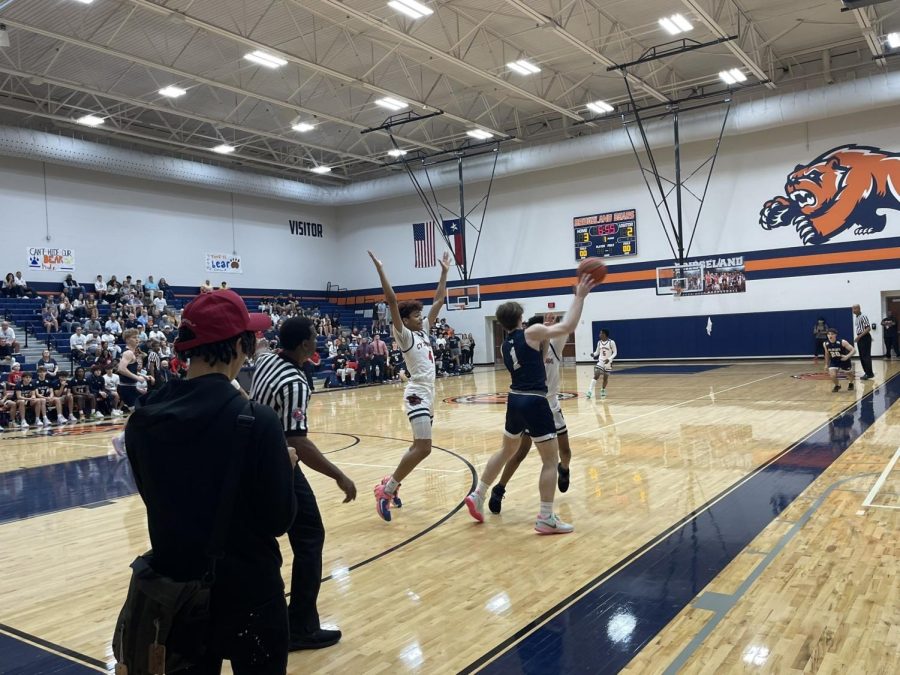Our phones are something that we use daily. We wake up to our phone, and we go to sleep to it. When you’re on your phone, it can keep track of how long you’re using it. Whether you’re browsing the web or simply watching TikTok. You can check your screen time anytime you choose. The numbers vary from person to person; it can also tell you a lot about a certain person.
Screen Time Realities
For many, our phones are more than just devices; they are companions throughout the day. One aspect that often goes unnoticed is the amount of time we spend on our screens. Sometimes when we use a phone it’s for things, we need to get done other times it’s just the source of our own entertainment. Screen time, referring to the duration spent on a device, can have various effects on our daily lives.
In a recent survey conducted among Cy Springs students, the topic of screen time emerged as a common thread. When asked about their daily phone usage, responses varied widely. From whether they put a limit on how much they stay on their phone (screen time).
“I’d estimate about 10 hours daily,” said Kelly Natvidad, “maybe even more”. “I use my phone daily, oftentimes I use it to play a game, text my friends, sometimes I even watch movies on my phone. Although I know that there’s a Tv to watch movies I just like to watch them on my phone.”
The amount of time we spend on our phones, our “screen time” can alter our life completely. A cell phone can change so much, the blue rays that come from your phone can severely damage your eyes overtime. Blue light can still have a big effect on our life.
Leah Ugokpolar shared a different perspective. “I’m on my phone for about 8 hours a day. I try to maintain my screen time by finding other things to do like watching a movie on my Tv instead of my phone or sometimes I might take naps or catch up on missing work. But other times I might extend my daily screen time. I still try to maintain it to a certain point.”
Although many people may think that being on their phone doesn’t have any type of impact on them it really does impact them.
Isabella Gonzalez said “I checked recently what my screen time was and it’s actually a pretty high number – about 45-50 hours a week.TikTok is a big time consumer for me. I end up spending most of my time watching tiktok or playing roblox.”
Even though she has a lot screen time she does think that being on her phone a lot is a bad thing cause “I am passing all my classes with high averages.”
Ayesha Ali disagree saying a phone can affect someone’s mental health.
“Being on our phones can often block out the rest of the world. I think that people whose screen time is super high most likely need to talk to someone because that means that some part of them is drowning themself in their phone.”
The Most-Used App
Apart from the overall screen time, the choice of apps also plays a significant role. Instagram, Netflix, TikTok, and messaging apps are some of the most used apps amongst students or just people in general.
“I find myself scrolling through Instagram more than anything else,” Katelyn Brown said
These apps display entertainment to reflect personal interest and allow us into one another’s life. When a person watches tik tok it all depends on why they use the app- is it to laugh, to chat or to post videos updating their followers on their life.
People using social media don’t realize that they are a part of a never-ending cycle which most likely won’t be broken. We open the apps to be entertained but those videos were created to entertain us by a person who also wanted to be entertained. It is a cycle that just keeps going.
Understanding the Line Between Use and Overuse
The question of addiction to phones prompted varied responses. Natvidad expressed a common idea, stating, “I am not addicted, but I catch myself reaching for it more than I should. I think that sometimes I should probably put a limit on myself when it comes to how long I am on my phone. I’m often on it but I don’t find it hard to stay off if needed so I would not call it an addiction.”
Ugokpolar, however, acknowledged more about addiction. “It is a fine line, but I would not say addicted, just heavily reliant, especially when I do not have my Chromebook for school. I do often find myself scrolling through other things, other than my schoolwork.”
Understanding the potential impact, some participants shared strategies to manage screen time. “I have set app limits and try to engage in other activities,” Dariela Trochez said, “I just think oftentimes people do not want to admit the fact that they are addicted to their phone.”
Amia Carter, who tries to maintain a minimal screen time approach, said, “I use the ‘Do Not Disturb’ feature during certain periods to stay away from my phone. But sometimes it is a little hard to stay away from it even while it is on do not disturb. But the reason why it is hard to stay away from my phone is because I just know that there are people texting me. So that gives me the urge to want to respond.”
Conclusion: Striking a Balance
As our phones continue to be important in our daily routines, it becomes crucial to reflect on the impact of screen time. The stories shared by students reveal a spectrum of experiences – from conscious efforts to manage screen time to create a balance between when and when not to use it.
Balancing the convenience of technology with mindful usage is an ongoing challenge. Although it may be a little challenging to put a limit, not to get addicted and create balance on how we use our phone. But understanding our screen time habits empowers us to make intentional choices, ensuring that our phones can be used for the better rather than to detach from our daily lives.
















